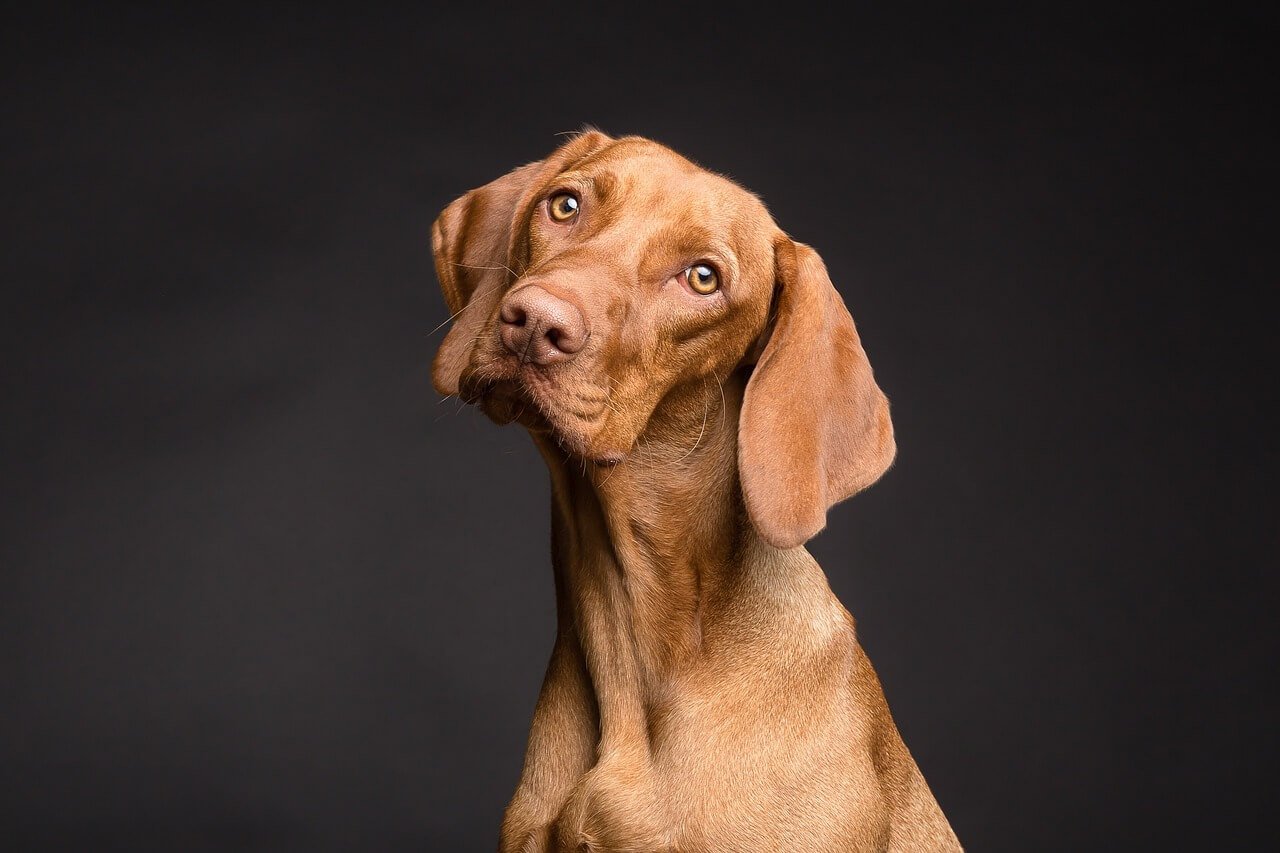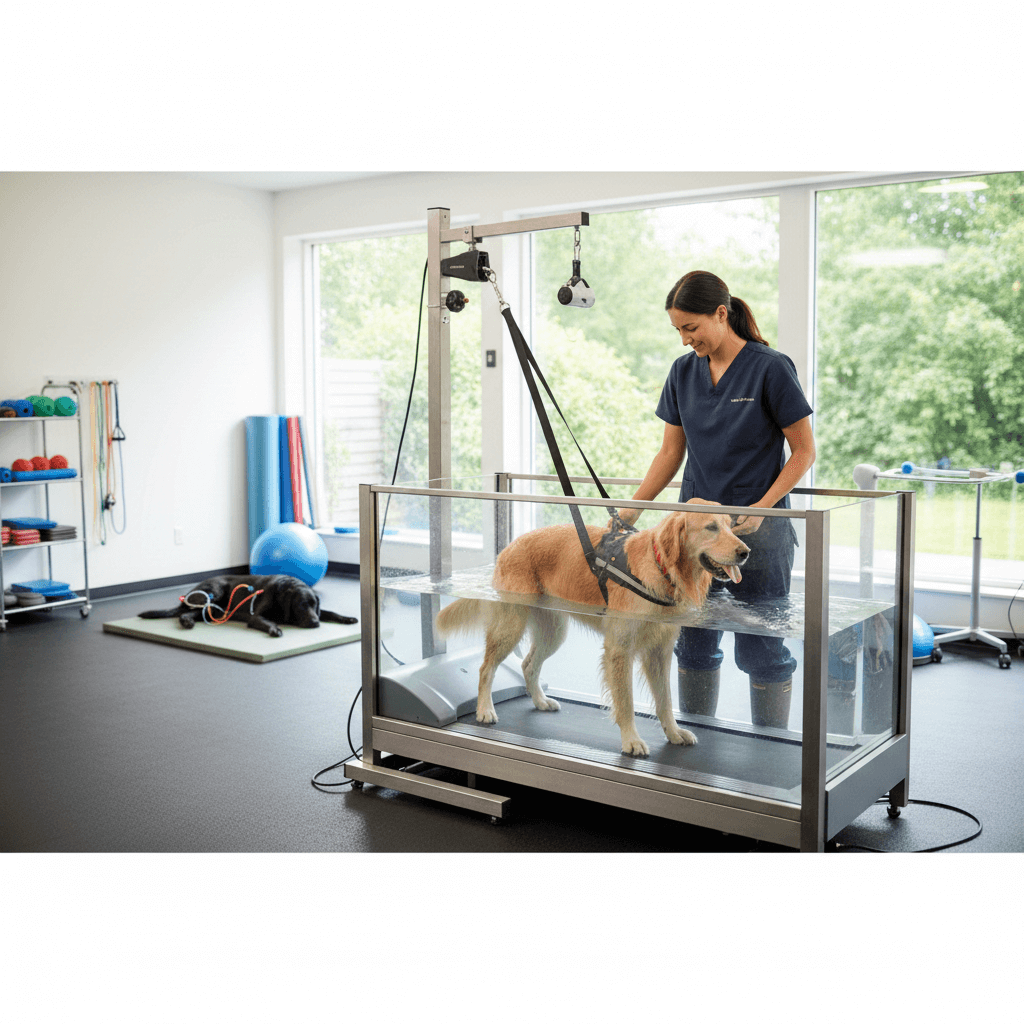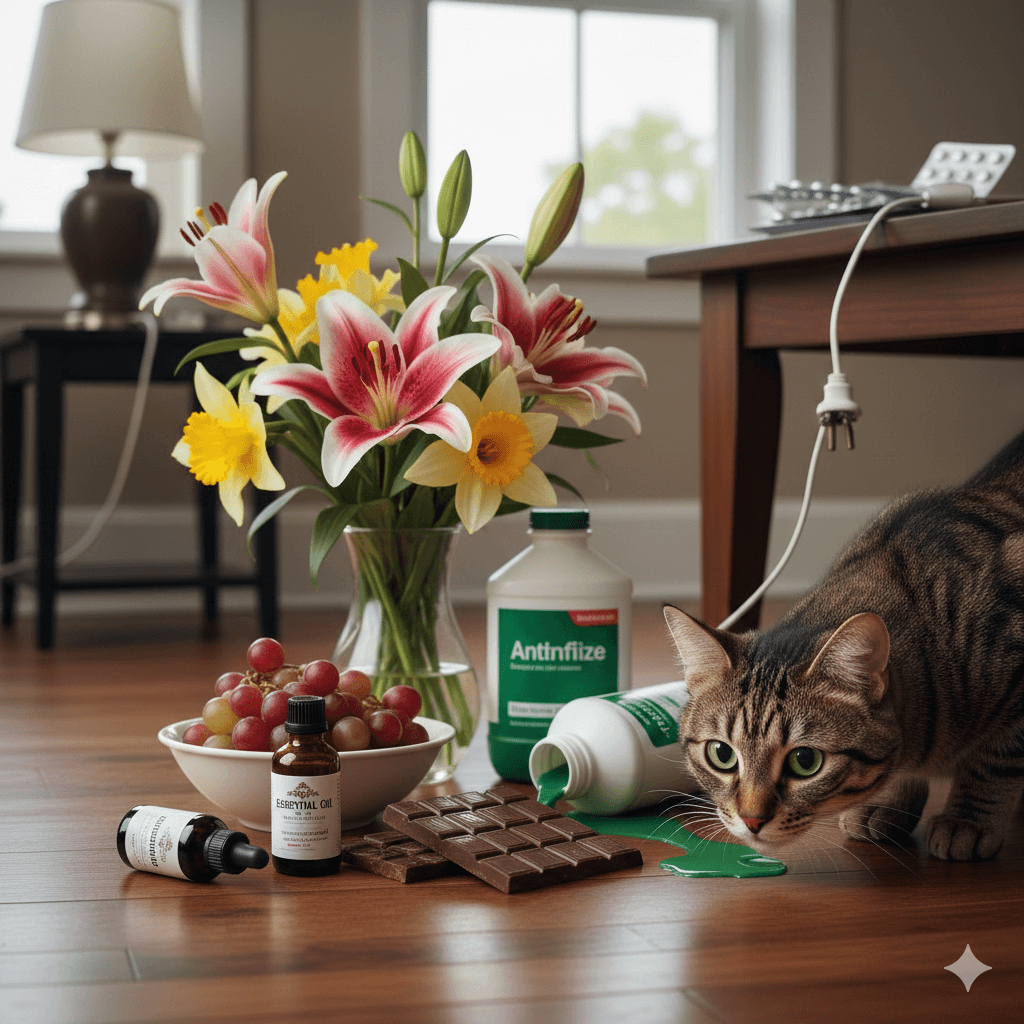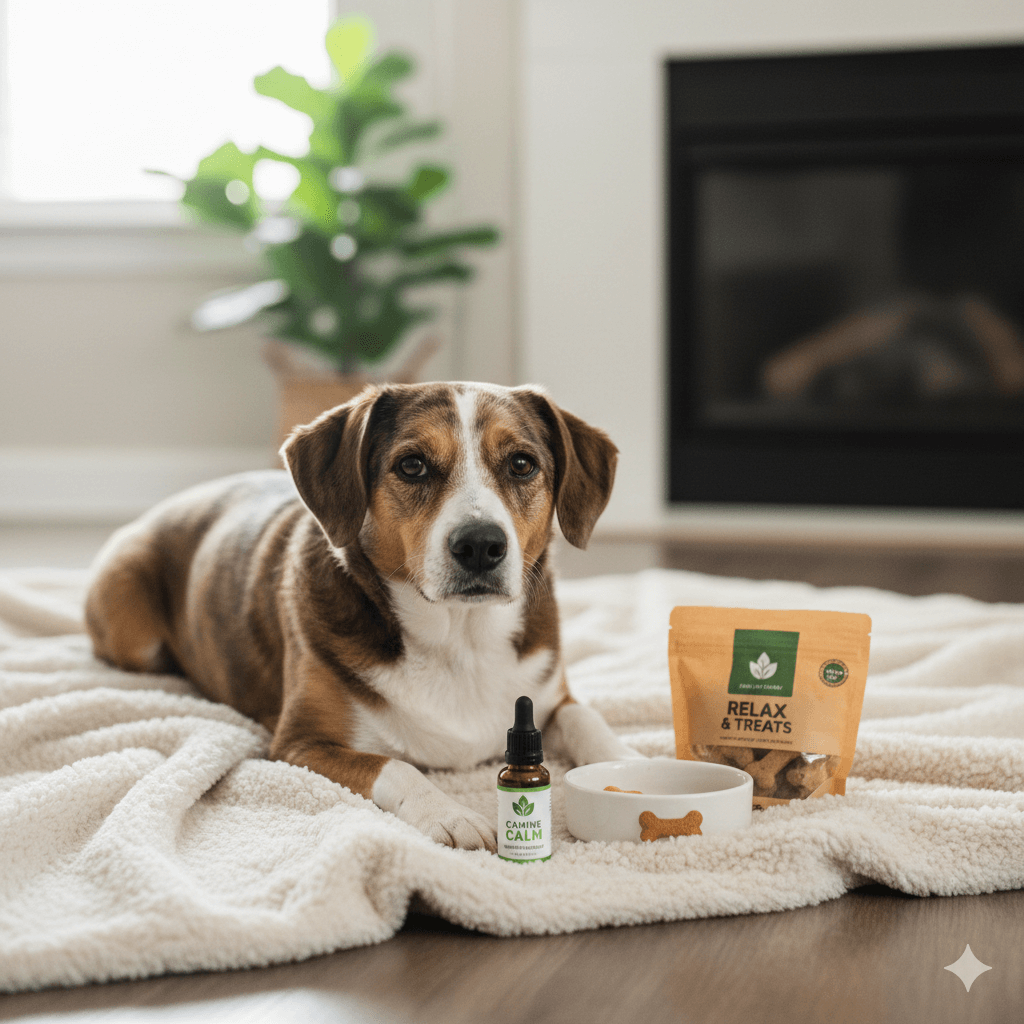Why Will My Dog Not Stop Sneezing?
If your dog won’t stop sneezing, it’s natural to feel concerned. While occasional sneezing is normal and often harmless, persistent or frequent sneezing can indicate an underlying issue that needs attention. Dogs use their noses to explore the world, and sometimes this curiosity leads to irritation or more serious health concerns. Understanding why your dog is sneezing—and what you can do about it—is key to ensuring their comfort and well-being. In this article, we’ll explore common causes of sneezing in dogs, how to address them, and when to seek professional help from your veterinarian.
Common Causes of Persistent Sneezing in Dogs
There are several reasons why your dog might be sneezing excessively. Identifying the root cause can help you determine whether the issue requires immediate attention or simple at-home care.
Foreign Objects in the Nose:
Dogs often sniff curiously, which can lead to grass seeds, dirt, or small objects becoming lodged in their nasal passages.Allergies:
Environmental allergens like pollen, dust, or mold can irritate your dog’s nasal passages, triggering sneezing fits.Respiratory Infections:
Viral or bacterial infections, such as kennel cough, can cause sneezing alongside other symptoms like coughing or nasal discharge.Dental Issues:
Dental problems, such as infected teeth or gum disease, can affect the nasal cavity due to the proximity of the sinuses and mouth.Nasal Tumors or Polyps:
Though less common, growths in the nasal passages can cause chronic sneezing and should be evaluated by a vet.
Understanding these potential causes allows you to take appropriate action, whether it’s a trip to the vet or monitoring at home.
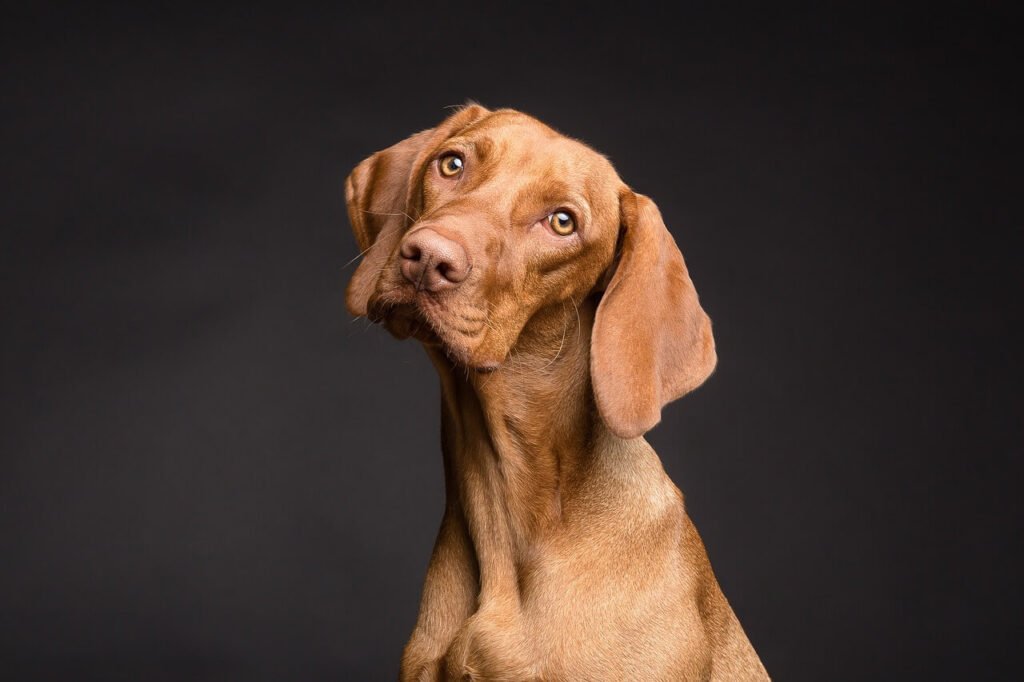
Signs Your Dog’s Sneezing Requires Veterinary Attention
While occasional sneezing is usually harmless, certain signs indicate that your dog’s sneezing may be a symptom of something more serious. Watch for these red flags to determine if professional help is needed.
Bloody or Discolored Nasal Discharge:
Any unusual discharge, especially if it’s bloody or yellow/green, could signal an infection or other medical issue.Difficulty Breathing:
Wheezing, labored breathing, or noisy inhalation alongside sneezing warrants immediate veterinary evaluation.Facial Swelling or Pain:
Swelling around the nose or face, or signs of discomfort when touched, may indicate trauma or infection.Lethargy or Loss of Appetite:
If your dog seems unusually tired or refuses to eat, it could point to a systemic illness requiring treatment.Frequent Reverse Sneezing Episodes:
Reverse sneezing, while often harmless, can sometimes indicate allergies or respiratory issues if it occurs too frequently.
If you notice any of these symptoms, consulting a veterinarian is the safest course of action to rule out serious conditions.
Check this guide 👉How to Treat Dog Sneezing: Best 7 Expert Tips!
Check this guide 👉Dog Sneezing Blood: Best 7 Health Tips!
Check this guide 👉Understanding Dog Reverse Sneezing at Night: Best 7 Tips!
Possible Causes of Sneezing | Recommended Actions |
|---|---|
Foreign object in the nose | Inspect carefully; consult vet if stuck |
Allergies (pollen, dust, etc.) | Minimize exposure; consider antihistamines after vet approval |
Respiratory infections | Schedule a vet visit for diagnosis and treatment |
Dental issues affecting the nasal area | Address dental hygiene; see a vet for cleaning or extraction |
Nasal tumors or polyps | Seek immediate veterinary examination |
How to Prevent Sneezing in Dogs
Preventing sneezing episodes starts with understanding your dog’s environment and habits. By taking proactive steps, you can reduce the likelihood of irritants or injuries causing discomfort.
Keep Their Environment Clean:
Regularly vacuum and dust your home to minimize allergens like pollen, mold, and pet dander.Supervise Outdoor Playtime:
Monitor your dog during walks or play sessions to prevent them from sniffing potentially harmful objects.Maintain Good Dental Hygiene:
Brush your dog’s teeth regularly and schedule annual dental check-ups to prevent oral infections.Use Air Purifiers:
Invest in air purifiers to filter out airborne particles that could irritate your dog’s nasal passages.Limit Exposure to Strong Scents:
Avoid using perfumes, candles, or harsh cleaning products near your dog, as strong odors can trigger sneezing.
By implementing these preventive measures, you can create a safer and healthier environment for your furry friend.
Home Remedies to Soothe Mild Sneezing
For mild cases of sneezing without accompanying symptoms, there are safe remedies you can try at home to provide relief. Always consult your vet before trying new treatments.
Saline Nasal Spray:
A gentle saline solution can help clear irritants from your dog’s nasal passages. Use a pet-safe product designed for animals.Steam Therapy:
Let your dog sit in a steamy bathroom while you shower. The warm moisture can ease nasal congestion and soothe irritation.Hydration Boosters:
Ensure your dog stays hydrated, as water helps thin mucus and flush out irritants naturally.Omega-3 Supplements:
These supplements support overall immune health and may reduce inflammation caused by allergies.Soft, Bland Diet:
If sneezing is linked to dental pain, offering soft foods temporarily can make eating more comfortable for your dog.
These remedies can offer temporary relief, but always monitor your dog closely and seek professional advice if symptoms persist.
Understanding Reverse Sneezing
Reverse sneezing is a common phenomenon in dogs that can be alarming but is usually harmless. Learning more about it can help you differentiate between benign episodes and potential health issues.
Causes of Reverse Sneezing:
Irritation of the throat, excitement, or pulling on a leash can trigger reverse sneezing episodes.Duration and Frequency:
Most episodes last only a few seconds to a minute. Frequent occurrences, however, may warrant further investigation.Calming Techniques:
Gently massaging your dog’s throat or covering their nostrils briefly can help stop an episode by encouraging swallowing.Environmental Triggers:
Dust, smoke, or strong scents can provoke reverse sneezing. Reducing exposure to these triggers can minimize episodes.When to Worry:
If reverse sneezing becomes chronic or is accompanied by other symptoms, consult your vet to rule out underlying conditions.
Understanding reverse sneezing empowers you to respond calmly and appropriately when it occurs.
Seasonal Allergies in Dogs
Seasonal allergies are a common culprit behind sneezing in dogs. Recognizing the signs and managing symptoms effectively can improve your dog’s quality of life during allergy seasons.
Spring Allergens:
Pollen from trees, grasses, and flowers is a major trigger for springtime allergies in dogs.Summer Irritants:
Mold spores and insect bites become more prevalent in summer, exacerbating allergic reactions.Fall Challenges:
Ragweed and decaying leaves release allergens that can irritate your dog’s respiratory system.Winter Concerns:
Indoor allergens like dust mites and mold increase during colder months when windows are closed.Management Strategies:
Regular baths, wiping paws after walks, and using air filters can significantly reduce exposure to seasonal allergens.
With proper management, you can keep your dog comfortable year-round despite seasonal challenges.
When Sneezing Indicates Serious Health Issues
While most sneezing is harmless, some cases can signal severe health problems requiring immediate attention. Knowing when to escalate concerns ensures your dog receives timely care.
Nasal Mites:
Tiny parasites living in the nasal passages can cause intense sneezing and irritation. Treatment involves prescription medications.Fungal Infections:
Fungi like Aspergillus can invade the nasal cavity, leading to chronic sneezing and nasal discharge.Trauma or Injury:
Accidents involving the nose or face can result in sneezing due to tissue damage or swelling.Systemic Diseases:
Conditions like distemper or autoimmune disorders can manifest as persistent sneezing alongside other symptoms.Cancerous Growths:
Nasal tumors, though rare, are serious and require prompt diagnosis and treatment.
Recognizing these possibilities underscores the importance of seeking veterinary care when sneezing persists or worsens.
Frequently Asked Questions About Dog Sneezing
Is sneezing normal for dogs?
Yes, occasional sneezing is normal, but persistent sneezing may indicate an issue.
Can allergies cause sneezing in dogs?
Absolutely! Allergies to pollen, dust, or food can trigger sneezing fits.
What should I do if my dog sneezes blood?
Contact your vet immediately, as this could signify a serious condition.
How can I tell if my dog has something stuck in its nose?
Look for pawing at the face, rubbing the nose, or one-sided nasal discharge.
Does reverse sneezing harm my dog?
No, reverse sneezing is generally harmless but should still be monitored.
Ensuring Your Dog’s Comfort and Well-Being
Persistent sneezing in dogs can stem from a variety of causes, ranging from minor irritations to serious health concerns. By staying vigilant and addressing the issue promptly, you can ensure your dog remains happy and healthy. Whether it’s removing allergens from their environment, maintaining proper dental care, or seeking veterinary assistance, every step you take contributes to their overall well-being. Remember, your dog relies on you to keep them safe and comfortable—so trust your instincts and act when something doesn’t seem right. With patience and care, you’ll soon have your sneeze-free pup back to enjoying life to the fullest!
Understanding Dog Rehabilitation: Best 7 Expert Tips! – Discover how targeted therapies and exercises restore mobility, relieve pain, and improve your dog’s quality of life safely.
Can THC Help with Cat Anxiety? Best 7 Expert Tips! – Discover the facts, risks, and safe usage of THC for calming your anxious cat. Always consult a vet first!
What Is Toxic to Cats: Best 7 Expert Tips! – Discover common toxins, recognize symptoms, and learn how to keep your cat safe from harmful substances.
Can THC Help with Dog Anxiety? Best 7 Expert Tips! – Discover the effects, risks, and safe use of THC for calming your anxious dog. Consult a vet first!

